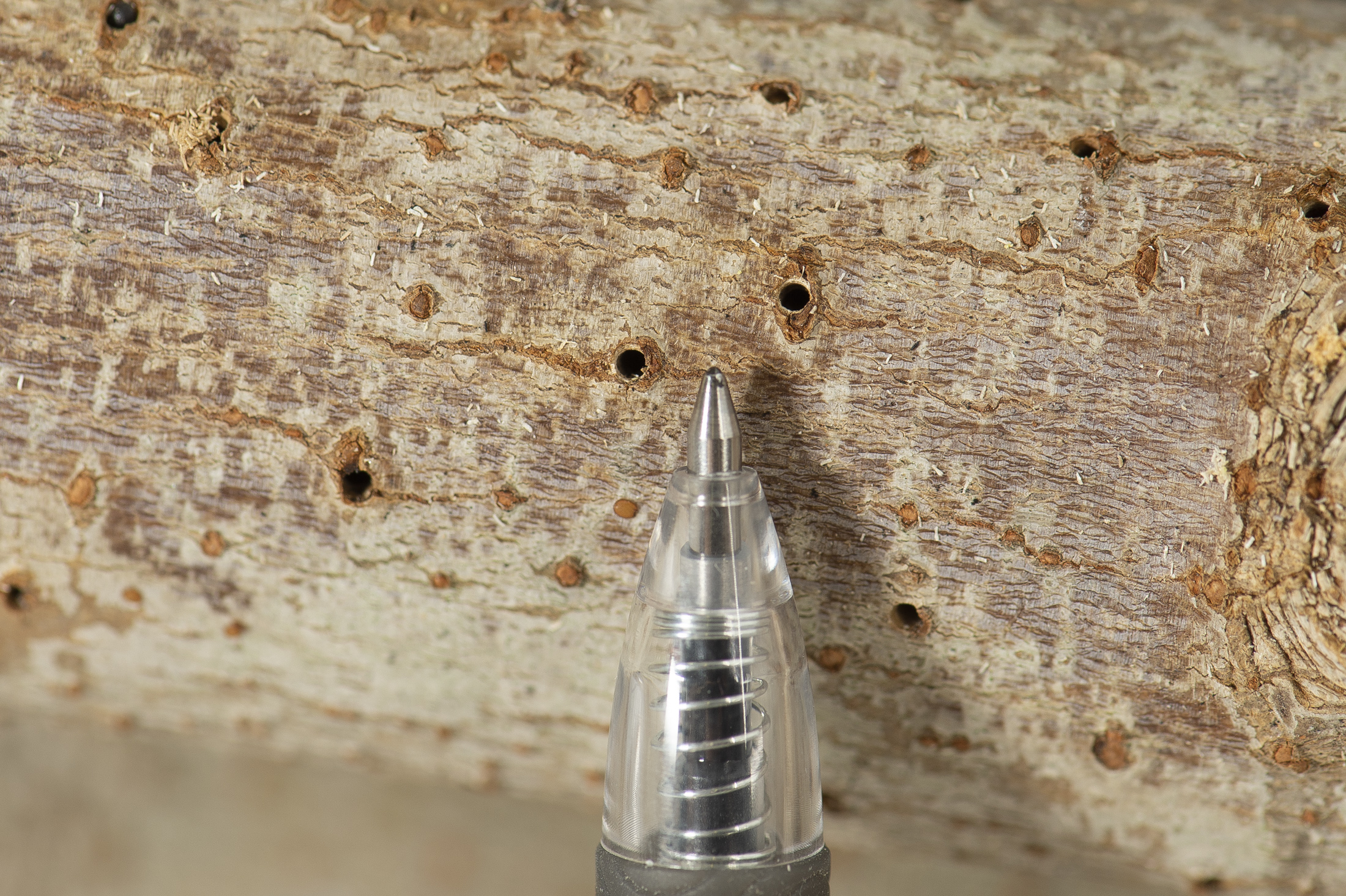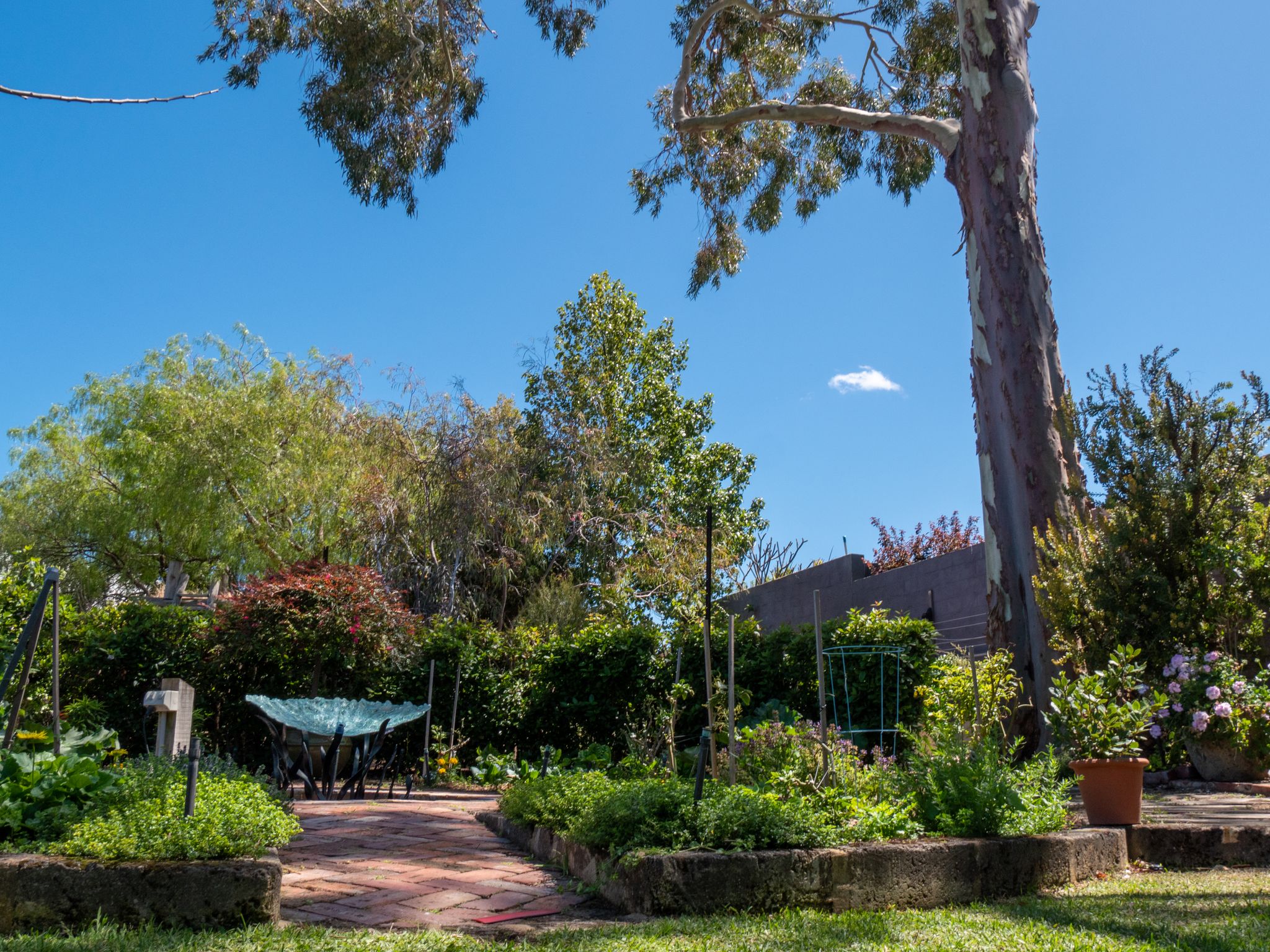There has been a lot of discussion on the causes of declining populations of bees after the January 2016 European Food Safety Authority (Efsa) review on the ban of certain pesticides. This could pave the way for a EU ban on three neonicotinoid pesticides that are believed to be partially responsible for the decline of bee colonies.
Thiamethoxam, clothianidin and imidacloprid (sold by Yates as Confidor) are a new class of neonicotinoides that are based on the nicotine molecule. They are systemic nerve poisons that kill through ingestion of contact. These poisons are popular with he home gardener because of the systemic action that kills a variety of insects.
Neonicotinoids block part of brain that bees use for learning, leaving them unable to make link between floral scents and nectar. Scientist’s believe even low doses of exposure to imidacloprid causes confusion in finding different food sources and making their way back to hives.
In a separate study published last year in the journal Nature, Newcastle University scientists showed that bees had a preference for flowers that were laced with imidacloprid and thiamethoxam which indicates it could be addictive. It’s similar to the addictive nature of cigarette smoking. This was the first conclusive link to show that pesticides had a direct impact on pollinator brain physiology.
The other problem with these new Neonicotinoids is that they can be used to treat seed. This means that every part of the plant carries the insecticide, the roots, leaves, flowers including pollen and nectar.
Over forty percent of crops grown in Australia are dependent on pollination by honeybees. Research is only taking place on the effect of these insecticides on the European bee, but we don’t know of the flow-on effect on other insects or animals that are further down the food chain.
Our native plants have evolved to be pollinated by a variety of insects, birds and mammals, we would have no idea if Neonicotinoids will have a detrimental effect on our native pollinators. Although the home gardener isn’t using litres of chemicals in their gardens, Confidor is a very popular insecticide to control a variety of pest insects.
Our gardens should be a haven for other species to come and make it their home, I still claim that the best pest control is your eyes, your fingers and your common sense.



